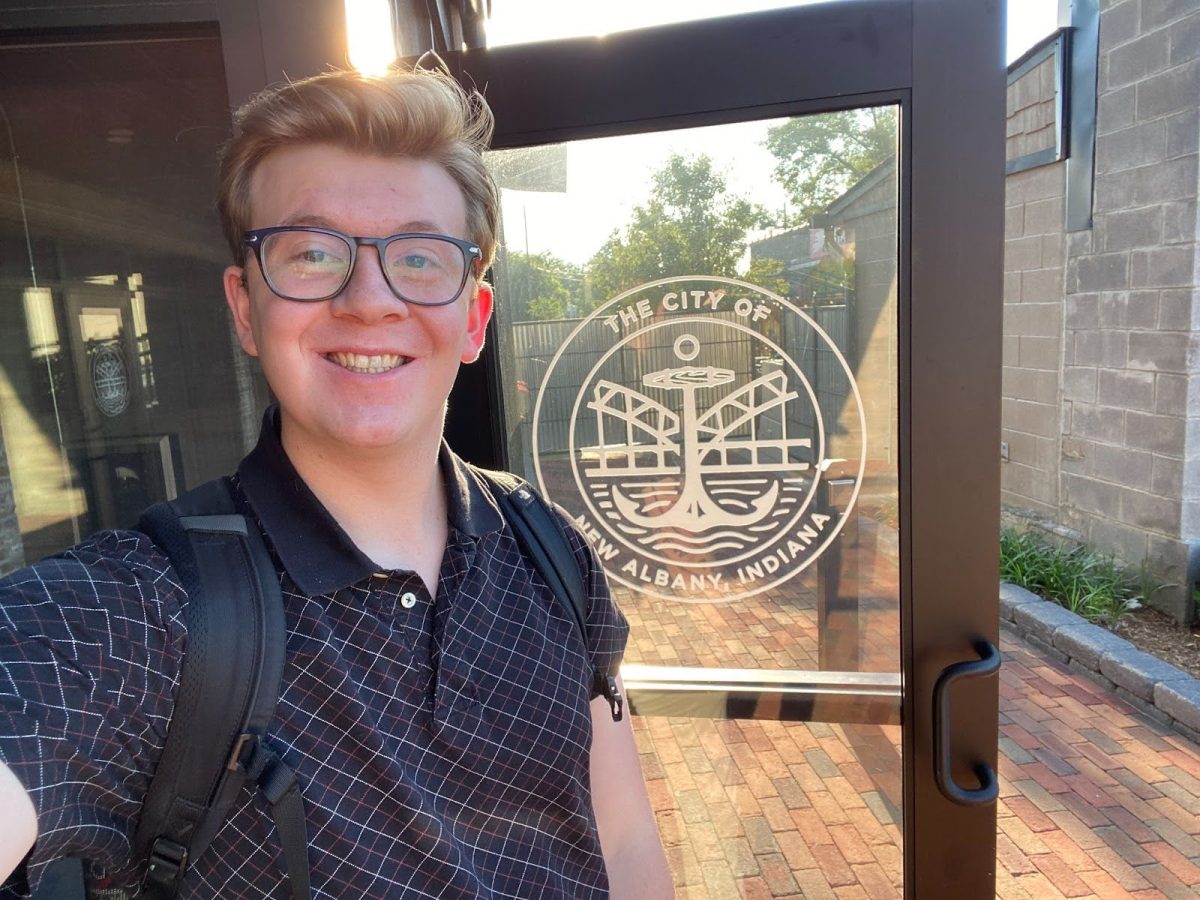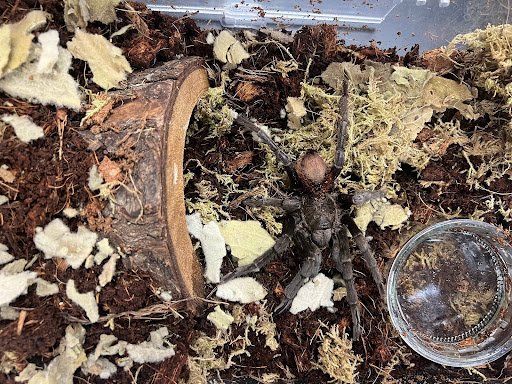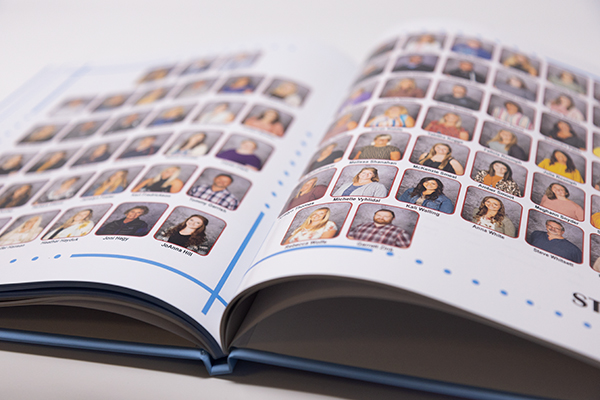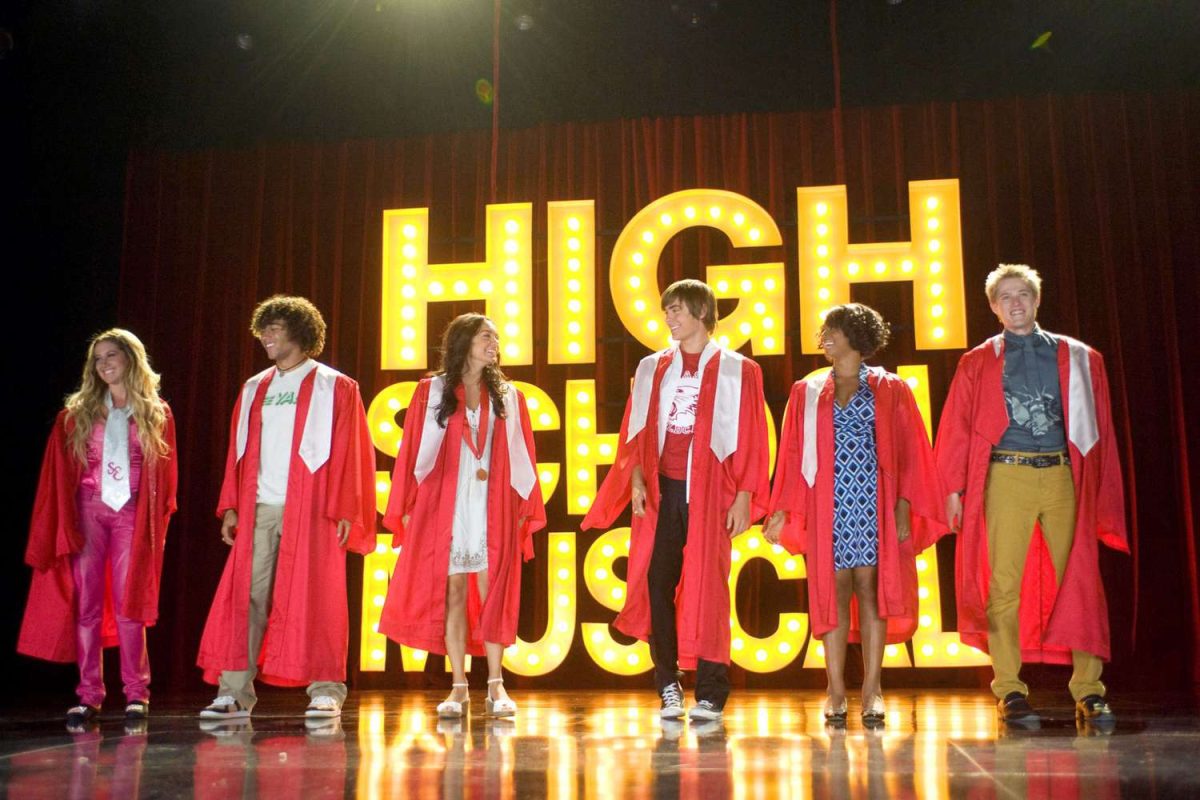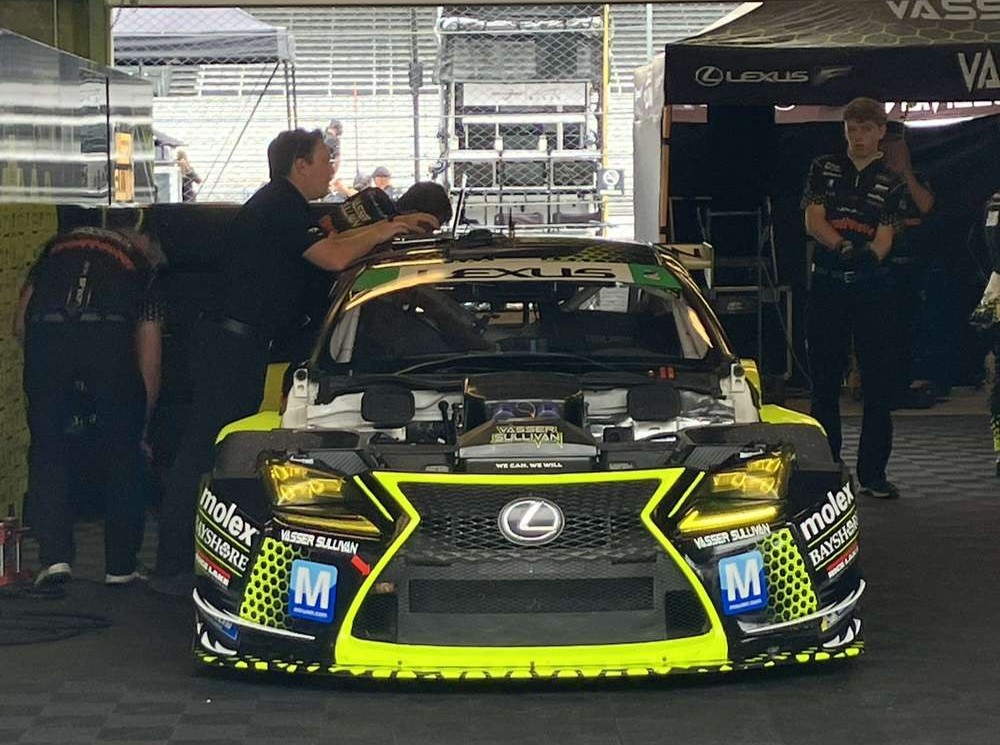Synthetic vs Real Christmas Trees: What is the More Sustainable Alternative?
As dozens of families head out to find the perfect Christmas tree to decorate their homes, there has been some debate over whether real or synthetic trees are the better, more sustainable option.
The major argument for synthetic trees is that they are reusable.
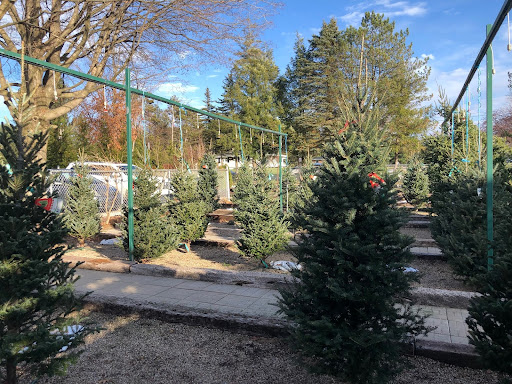 Paul Steury, an eco-consultant and member of the Goshen Environmental Council stated, “We use a fake tree because we got it at Goodwill. For me, [finding the right tree] is about sustainability because now that the tree has already been created, we can reuse and reuse and reuse.”
Paul Steury, an eco-consultant and member of the Goshen Environmental Council stated, “We use a fake tree because we got it at Goodwill. For me, [finding the right tree] is about sustainability because now that the tree has already been created, we can reuse and reuse and reuse.”
Similarly, Yaris Mendoza, a sophomore at Elkhart High School, expressed her opinion on artificial trees: “My family likes to use them because they won’t die off like real trees. Also, you can use them for many years. We’ve had ours for four.”
Like Steury and Mendoza, many people like using synthetic trees because they are long-lasting and easy to assemble. People can purchase them second hand, and they don’t have to worry about watering the tree or picking up pine needles.
Steury also noted that using a real tree “chops down carbon sequestration” and “promotes a throw-away society.” Trees are a vital carbon sink that draw in excess carbon dioxide that is expelled into the atmosphere when people burn fossil fuels for energy. Therefore, cutting them down to use for decoration, only to be thrown away a few weeks later, seems wasteful.
Nevertheless, real trees also have many benefits.
Meena Snider, a senior at Elkhart High School, explained, “My family enjoys using real trees because we like to go and pick ours out together every year. I think that they are a more sustainable option because, while we are cutting a tree down, we always make sure to recycle our trees at the end of the season.”
While chopping down trees doesn’t seem like the most environmentally friendly option, real trees don’t have a carbon footprint like synthetics do.
Rosa Rivera, an officer at the nonprofit One Tree Planted, told ABC News, “The production of one artificial Christmas tree results in about 88 pounds of carbon dioxide–an output 10 times higher than that of any sustainably grown real Christmas tree.”
Since artificial trees are made out of plastic, the production of these trees requires a lot of energy to make, and therefore, expels a lot of carbon dioxide into the atmosphere, fueling climate change and global warming.
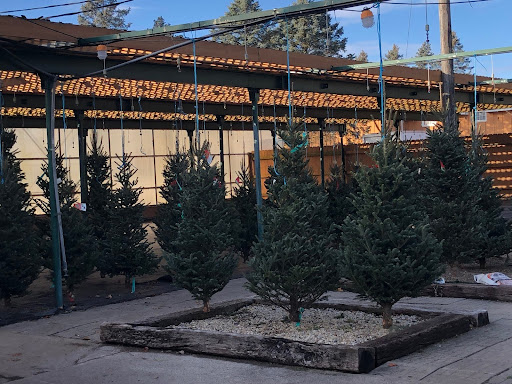 Additionally, Christmas tree farms promote carbon sequestration. The Nature Conservancy stated, “For every tree purchased, farmers plant 1-3 seedlings in its [tree’s] place according to the National Christmas Tree Association. That means more trees to fight climate change and to provide more vital benefits for people and nature like clean air and water, wildlife habitat and healthy soil.”
Additionally, Christmas tree farms promote carbon sequestration. The Nature Conservancy stated, “For every tree purchased, farmers plant 1-3 seedlings in its [tree’s] place according to the National Christmas Tree Association. That means more trees to fight climate change and to provide more vital benefits for people and nature like clean air and water, wildlife habitat and healthy soil.”
Furthermore, as Snider mentioned, real trees are biodegradable and can be recycled.
When people are finished using their live Christmas trees, they can also turn them into wood chips for mulching or use them to make compost.
Moreover, some places sell trees with the roots still attached so that they can be replanted after use.
Steury remarked, “One year, we bought a live tree in November and planted it out in our front yard. Then we decorated it for several years with lights and popcorn strands.”
As people enter into the Christmas season, they should remember that the true meaning of the season is a time for giving, hope, and joy between friends and family—therefore, those same values should be shown to the environment.
Whether families choose to use a real Christmas tree or continue to reuse their synthetic one, people should always keep sustainability in mind.









